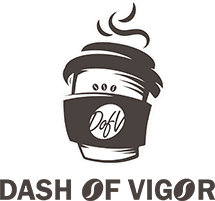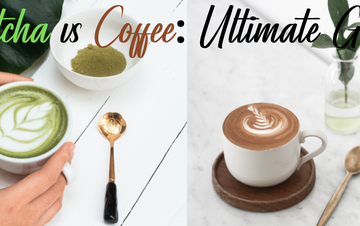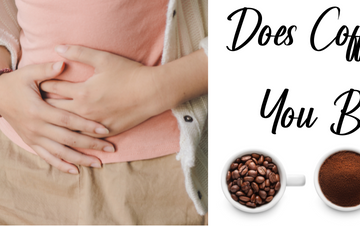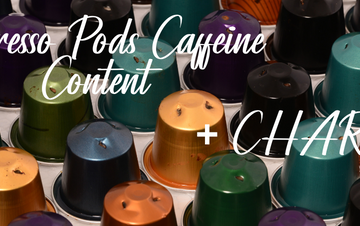Best Water for Coffee Makers: Beginners Guide
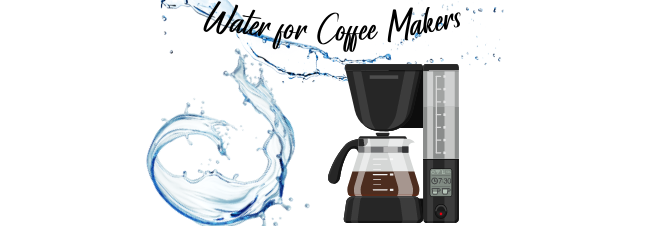
It is hard to overstate water’s worth. That is something that every dedicated barista understands. Not just for your brew’s taste but also for the sake of your coffee machine’s longevity.
I’ll look at some of the current water treatment trends in this article that is the latest in our series on the best water for coffee makers.
TABLE OF CONTENTS:
- The Water and The Coffee Makers
- Different Types of Water for Coffee Makers
- F.A.Q. about the Best Watter for Coffee Makers
- Can I Use Spring Water in My Coffee Maker?
- Should I Use Filtered Water in My Coffee Machine?
- What Kind of Water Is Best for Espresso Machines?
- Is Bottled Water Good for Coffee Machines?
- Can I Use Bottled Water in My Coffee Machine?
- Should I Use Hot or Cold Water in My Coffee Maker?
- How Long Can You Leave Water in A Coffee Maker?
The Water and The Coffee Makers
Lactic acid, citric acid, and eugenol are all chemicals found in roasted coffee beans. Coffee’s numerous diversity and flavors are due to these chemicals, which vary depending on the beans.
Water, on the other hand, is equally intricate and varied. The varying amounts of ions in your water, such as magnesium and calcium, can have a significant influence on the flavor of your coffee.
| WATER HARDNESS | PARTS PER MILLION |
| SOFT | 0 – 60 ppm |
| SEMI-HARD | 61 – 120 ppm |
| HARD | 121 – 180 ppm |
| VERY HARD | Over 180 ppm |
Because some minerals in hard water are sticky, they attach to compounds in coffee during the brewing process. For example, the more eugenol in the water, the more ‘earthy’ your coffee will taste.
As an example of Water Hardness, you can look at US Water.
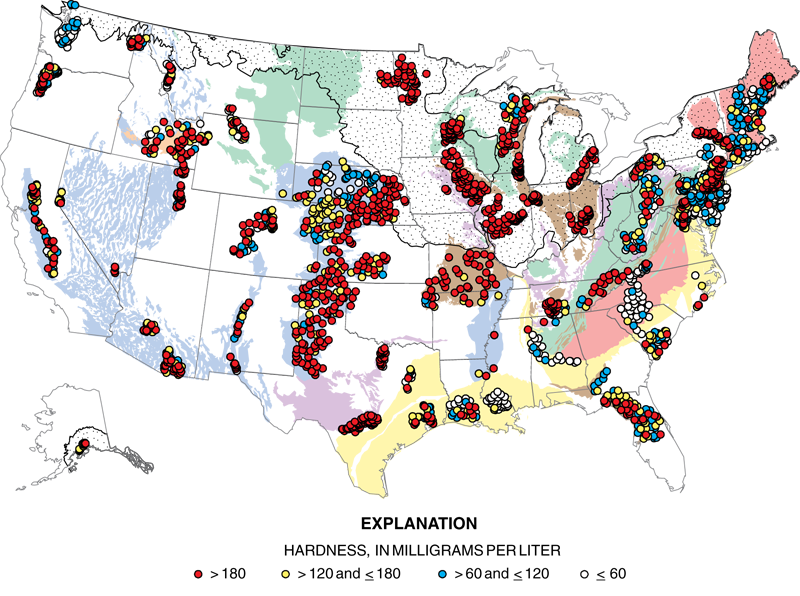
Magnesium is very sticky. As a result, coffee brewed using mineral-rich water will have a richer flavor. Bicarbonate levels in hard water can be high, which can cause bitter flavors. Although soft water includes salt, it lacks the flavor stickiness of hard water. That implies that if you use high-magnesium hard water instead of softened water, you’ll receive a significantly stronger taste from the same coffee beans.
When it comes to espresso machines, it’s critical to think about the hardness of your water and how it affects performance. In case using hard water for the Coffee machine, scale (mineral-based deposits) will build up within the boiler over time. Finally, the boiler will stop working. On the other hand, if the water is excessively mineral-depleted, your machine may struggle to perform effectively, which will harm your brew.
Different Types of Water for Coffee Makers
I guess you know some of the types of water. Others are made with new technology, which is becoming increasingly popular. I will look at the four main types and their benefits to your coffee machine in the following lines:
- Softened Water
- Reverse Osmosis
- Remineralization
- Filtered Water
Softened Water
Coffee: flat-tasting
Coffee Maker: won’t cause scale accumulation
Softened water is the first line of defense against water hardness and scale accumulation. Water softening is a transformation of the hard water into soft water. Calcium and magnesium ions are removed from the water and replaced with sodium ions using ion-exchange technology. As a result, softened water has a high sodium and bicarbonate ion content.
Soft water is an excellent alternative in cities with hard water, specifically if it includes a lot of time because it won’t cause scale accumulation in your coffee machine.
While softened water will certainly help with the scale problem, using it alone might result in flat-tasting brewed coffee.
Reverse Osmosis
Coffee: acidic, low-texture, and unbalanced beverage
Coffee Maker: keep your espresso machine in good working order
Reverse osmosis is a new trend in the coffee business for water. It may look complex, but it’s so simple. It’s also an excellent way to keep your espresso machine in good working order.
Reverse osmosis is a water purification process that employs a semipermeable membrane (a biological or synthetic layer that will allow only definite molecules or ions to pass through it). Water is put under pressure as it flows through the minute pores in this membrane during the reverse osmosis process. The contaminants heavier than water particles are disposed of, while pure water goes through. Large particles (magnetic, copper, sodium, and even fluoride) are no longer present in filtered water. Using mineral-free water will produce an acidic, low-texture, and unbalanced beverage.
Let`s see how the remineralization process may help you and your coffee machine achieve the appropriate balance.
Remineralisation
Coffee: water and coffee combine effectively
Coffee Maker: does not damage your coffee maker
Remineralization is paramount for water that has been softened or has gone through the RO process. The remineralization process involves returning some critical minerals that allow the water and coffee to combine effectively.
Various available water treatment options on the market provide a consistent balance of minerals for brewing coffee. By adding minerals and hardness to a small amount of pre-mixed solution, baristas may remineralize distilled water.
The use of these components ensures that the water does not damage your coffee maker.
Filtered Water
Coffee: makes the coffee’s flavor more pleasant
Coffee Maker: prevention of scale formation
A water filtration system is another common alternative in the foodservice business (particularly for restaurants and cafés with many clients).
The filter system must be capable of chloramine and chlorine reduction. That helps improve the taste of the water — and, in turn, makes the coffee’s flavor more pleasant.
Cryptosporidium and giardia, as well as other contaminants that may impact the quality of your water, should be filtered out.
In places with hard water, scale inhibitor cartridges are also advised. These will aid in the prevention of scale formation due to calcium and magnesium in hard water.
F.A.Q. about the Best Watter for Coffee Makers
Can I Use Spring Water in My Coffee Maker?
Springwater is bottled right at the source and has high mineral content. That is one of the reasons why so many people enjoy Poland Springs or Fiji waters.
To avoid a massive buildup of scale in the machine, you’ll need to test the spring water to see how hard it is and keep a regular descaling program, much like tap water. If your machine needs to be clean, you will need a Descaling solution that you can make at your home.
Unfortunately, no one kind of bottled water is the best for coffee machines. Some people cleanse, filter, and distill their water.
Should I Use Filtered Water in My Coffee Machine?
Filtered water should be used in your coffee machine at all times since it is a critical and sometimes neglected aspect of the quality of espresso you create. It can also be the difference between having your espresso machine for a few years and having it for ten or more years!
What Kind of Water Is Best for Espresso Machines?
The softness of the water is the most paramount factor to consider while making coffee. According to the Specialty Coffee Association’s water criteria, water with no odor or color, zero chlorine, a pH of 7.0, alkalinity of 40 ppm, and calcium hardness of 50-175 ppm CaCO3 is a great goal. Unless you’re interested in learning about water chemistry, all you need to know is that clean, soft, chlorine-free water is best for making coffee.
Is Bottled Water Good for Coffee Machines?
Many coffee consumers believe that using bottled water in their machine would result in a better cup of coffee. That is just partly accurate. Bottled water is pure and chlorine-free, resulting in better-tasting coffee. On the other hand, most bottled waters contain either a high mineral concentration (i.e., they are rather harsh) or no minerals at all. Because a small amount of minerals brings out the best coffee flavor, bottled water without minerals isn’t ideal.
Obtaining bottled water with the appropriate softness level is challenging. A few brands are falling into this category and make excellent coffee. Check the minerality levels on bottled water labels commonly measured in mg/l and referred to as “TDS” or “dry residue.” Select water with a mineral content of 50 to 157 mg/l.
Can I Use Bottled Water in My Coffee Machine?
Bottled water is a great way to improve your coffee’s flavor and consistency. Distilled or purified water is OK if you want flavorless water, but it’s not suitable for coffee brewing or other applications. The most popular option is tap water.
However, the quality and mineral content may vary by region. You may discover that your property has hard water, which is prone to leaving dirt and scale on the coffee machine. Bottled water is an excellent compromise between the two. It doesn’t include any dangerous substances, but it does provide the essential mineral content to enrich your coffee cup – roughly 150 parts per million.
Should I Use Hot or Cold Water in My Coffee Maker?
Keep the water temperature between 195 and 205 degrees Fahrenheit in your brewer for optimum extraction. Too cold water will result in coffee that is flat and under-extracted, while too hot water will degrade the coffee’s quality. Bring the water to a full boil, but don’t let it boil for too long if you’re preparing coffee by hand. Allow the water to cool for a minute before pouring it over the grounds after turning off the heat source.
How Long Can You Leave Water in A Coffee Maker?
Because old water poses a danger of bacterial and fungal development, you can keep water in a coffee machine reservoir for 3-4 days. In a warm, moist climate, it grows swiftly. The good news is that at 75 degrees Celsius, most germs die. The best way to keep microorganisms away is to drink filtered water. There are different coffee makers on the market, each with a unique brew capacity.
If your coffee maker has a small brew capacity, such as less than 6 cups, you can fill it with water. Replace the water if you haven’t used it within 3-4 days.
If we keep water in the machine for an extended time, we reduce the machine’s lifespan.
If you use the coffee brewer machine frequently, it’s not difficult to keep it in good operating condition. How well we use the equipment determines its capacity to operate for many years.
CONCLUSION
Selecting the best Water for your Coffee Makers and brew and is critical.
As you have already read, some waters are gentle on the coffee machine but affect the taste of coffee.
It will be great if you share what water you use for your coffee machine and the type of the machine is.
